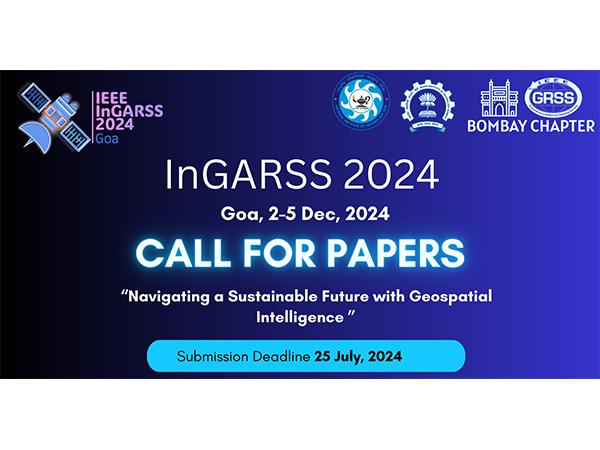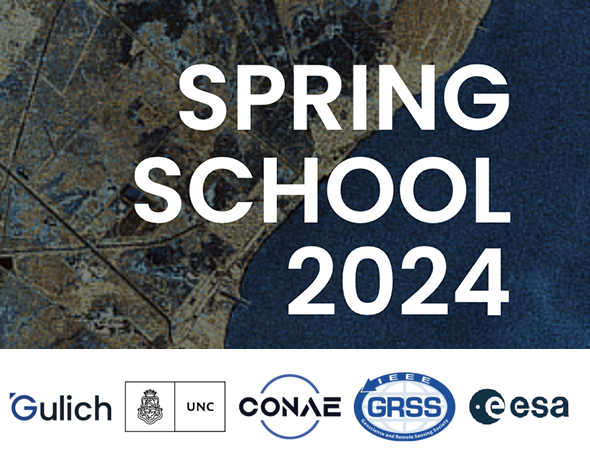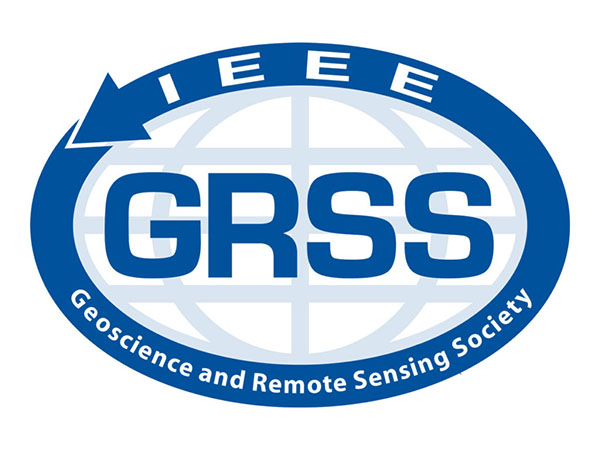Assistant/Associate Research Scientist in CrIS SDR Cal/Val at University of Maryland/CISESS
Department: UMD/ESSIC/CISESS
Starting Salary: Commensurate with experience
Closing Date: Sunday, October 31, 2021
Duties:
The University of Maryland/CISESS has a position open at the Post doctoral/Assistant/Associate research scientist rank to support the Cross-track Infrared Sounder (CrIS) Sensor Data Record (SDR) Algorithm Calibration and Validation Science Team (ACVST) led by NOAA/NESDIS/STAR.
As a member of the CrIS SDR ACVST, the incumbent will develop tools and perform analysis for the calibration and validation of the CrIS instrument. The CrIS sensor is a Fourier Transform Spectrometer currently flying on-board the Suomi National Polar-orbiting Partnership (SNPP) and NOAA-20 spacecraft, and planned for the JPSS-2, -3 and -4 satellites. The CrIS SDR ACVST has the responsibility of the science algorithms for transforming the CrIS raw data records (RDR) into high quality geolocated and calibrated radiance product called the SDR. This position involves the participation in pre-launch and post-launch calibration and validation activities of CrIS observations.
Primary Responsibilities:
• Develop, test and evaluate the different components of the operational CrIS SDR calibration algorithm.
• Develop, improve and implement methodologies for the radiometric, spectral, and geometric calibration and validation of CrIS observations.
• Investigate, monitor and derive solutions for potential anomalies related to CrIS instruments.
• Support CrIS pre-launch and post-launch activities.
• Publishing research results in peer-reviewed journals.
• Participate in technical meetings and conferences including presentations.
Qualifications:
• A Master’s degree (Ph.D. preferred) in Atmospheric Sciences, Physics, Aerospace Engineering, Remote Sensing, Electrical Engineering, Signal Processing or a related physical science.
• Broad knowledge of physical basis of remote sensing.
• Experience with analyzing satellite data. Knowledge and experience with atmospheric sounding products are a plus.
• Familiarity with radiative transfer models, including the LBLRTM and CRTM models.
• Preferred experience on following programming languages: C/C++, Fortran 90/95, Python, Matlab, IDL, Shell scripting.
• Familiarity with GitHub and GitLab.
• Experience working in Linux environment.
• Excellent oral, written and interpersonal communication skills.
• Experience in Optics, such as Interferometry.
• Experience with Fourier Transform Spectrometers.
• Experience with Hyperspectral Infrared Observations.
• Experience with Data Science techniques such as Machine Learning.
• Ability to work with others as a research team.
U.S. Citizens or Green card holders ONLY
To Apply: Interested candidates should send a CV with a list of at least 3 professional references and a cover letter explaining how your qualifications meet the posted requirements to flavio.iturbide@noaa.gov.
More details: www.riken.jp/en/careers/researchers/20210518_2/index.html



























